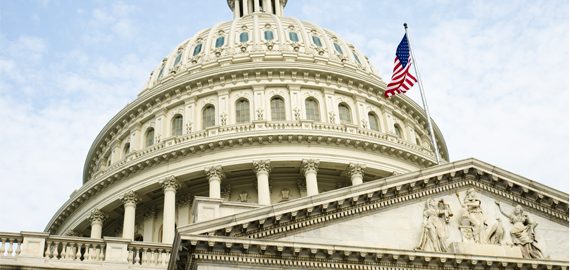This summer, the U.S. Food and Drug Administration’s (FDA) Oncology Center of Excellence (OCE) launched its inaugural National Black Family Cancer Awareness Week, an important opportunity for all of us to reflect on the devastating impact of cancer on Black families in the United States and the important work we must all do to address ongoing disparities in care.
Black Americans have the highest death rate — and the shortest survival rate — for most cancers, according to the American Cancer Society. Black men also have the highest cancer incidence rate. In addition, Black Americans have twice the incidence of myeloma as white Americans, and recent studies show that Black Americans are significantly less likely to receive the latest treatments, according to the Leukemia and Lymphoma Society.
Unfortunately, these incident rates could be exacerbated by the COVID-19 pandemic, which has led to a significant decline in testing, including cancer screenings. A recent analysis from Braid Forbes Health Research found a 31% drop in cancer testing, on average, across key tests in the first three calendar quarters of 2020 compared to the first three calendar quarters of 2019.
For example, the prostate specific antigen (PSA) test, one of the many important diagnostic tools to identify prostate cancer in its early stages, saw a 16% decrease in 2020. This is particularly concerning given prostate cancer death rates in Black men are more than double those of every other group. Prostate cancer is the second-leading cause of cancer death in Black men, with an estimated 5,350 deaths in 2019, according to the American Cancer Society.
The alarming declines in test volume in 2020 suggest that throughout the COVID-19 pandemic, patients have delayed both routine screenings as well as testing for diagnosis, treatment and management of a variety of medical conditions. This is a chilling trend, because early detection often leads to early intervention, giving patients and providers the best possible chance to beat disease.
Access to routine screening and monitoring remains essential to managing the health of our communities, especially among populations where cancer has a disproportionate impact. As we continue to move forward and recover from this devastating pandemic, medical professionals, policymakers and advocates must work together to raise awareness of the drop in screenings, and support and encourage all patients to get the care they need.





